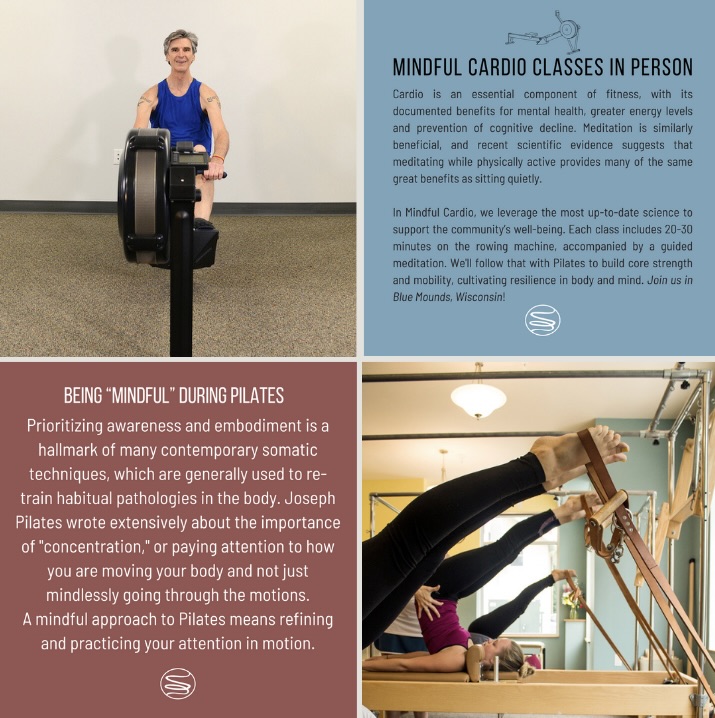Wellbeing and Goal Setting
Working with wellbeing, particularly with regards to fitness, is often supported by setting goals. Goals, however, can be tricky to put into practice. At this time last year, I assembled the fitness goals that supported my recent 500+ mile bicycle pilgrimage. I'm now a few weeks away from sharing my 2026 BDG (big, dumb goal), though I am already drafting my Fall and Winter training plans.
In setting goals, it’s important that the goals be clearly stated, measurable, attainable, realistic, and time-limited. Without these factors, goals often fall by the wayside like so many unmet New Year’s Resolutions. An easy way to remember these factors is with the mnemonic of SMART.
- SMART - helpful goals should be succinct. Meandering goals tend to be too complicated to put into action, whereas succinctly stated goals are easier to keep in mind.
- SMART - optimally, goals should be measurable. For example, getting fitter is a nebulous goal. What does “fitter” mean? To make this measurable, you could quantify VO2max, your average power output at a given heart rate, your time over a familiar course, etc. To make goals more likely to stick, it’s best if they’re measurable.
- SMART - be sure your goals are attainable. For example, if I set a goal of running a 4-hour marathon, that would be nearly impossible - I have virtually no distance-running talent, and this would be a frustratingly inaccessible goal. Be sure your goal is just out of reach, but not so far out of reach that it’s impossible to attain that goal.
- SMART - realistic goals are attainable goals. Perhaps you do have the talent to run a 4-hour marathon, but do you have the time required to do so? If the goal isn’t realistic within the constraints of your other responsibilities, the goal will likely remain unmet.
- SMART - be sure to time delineate your goals. Whatever your goal may be, it’s more effective if that goal has an end date. Rather than I plan to run a 5K sometime it can be more motivating to consider when you hope to do so. A more effective goal could be I plan to run a 5K in May and then register for the race that you plan to run.
SMART goals can be effective ways to keep your wellbeing regimen on track. What are some goals that pique your interest?




Comments